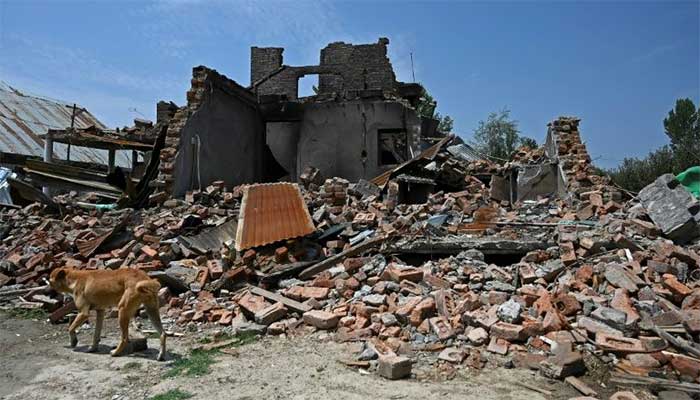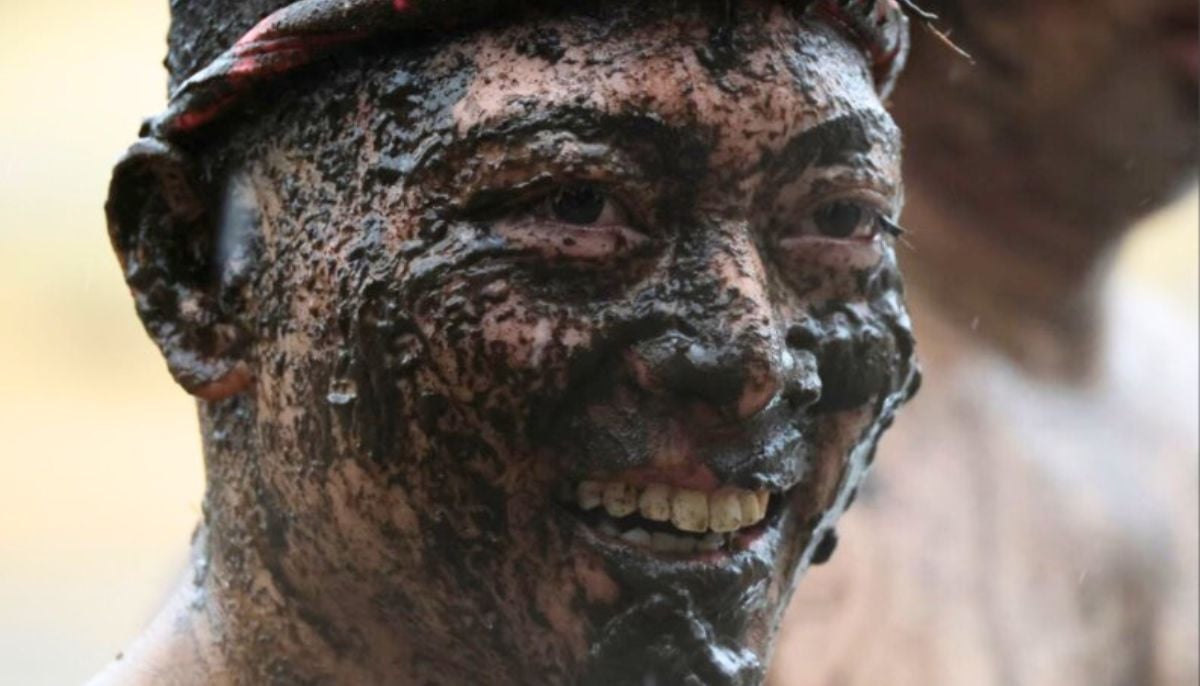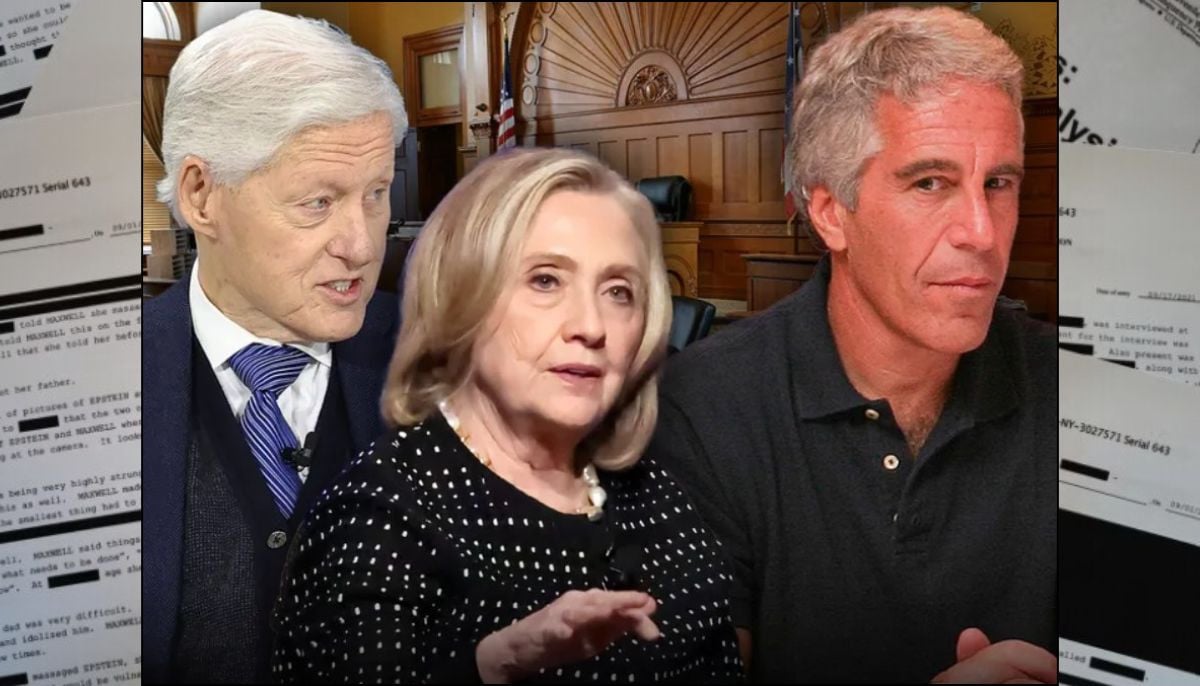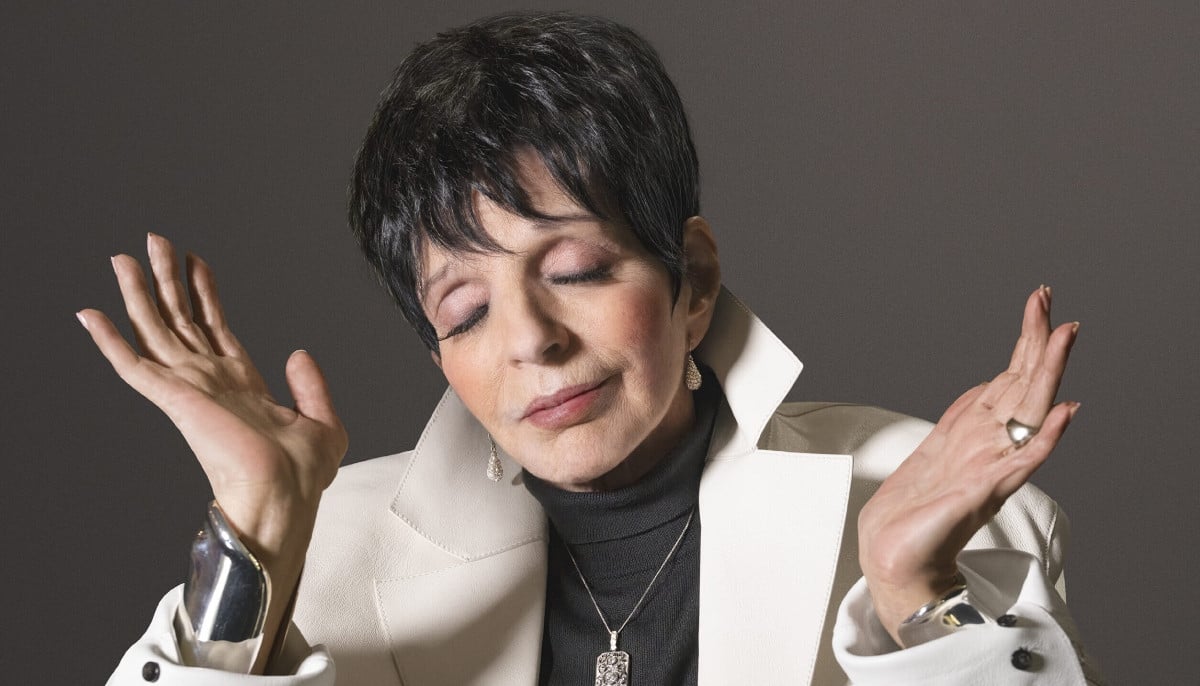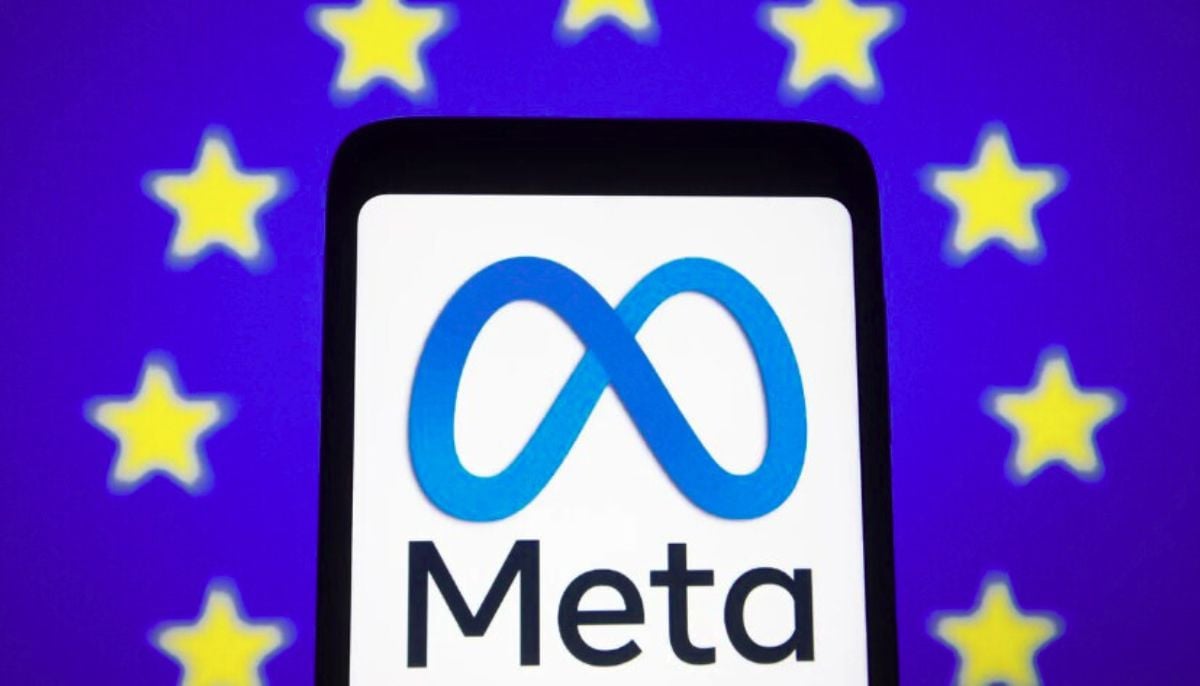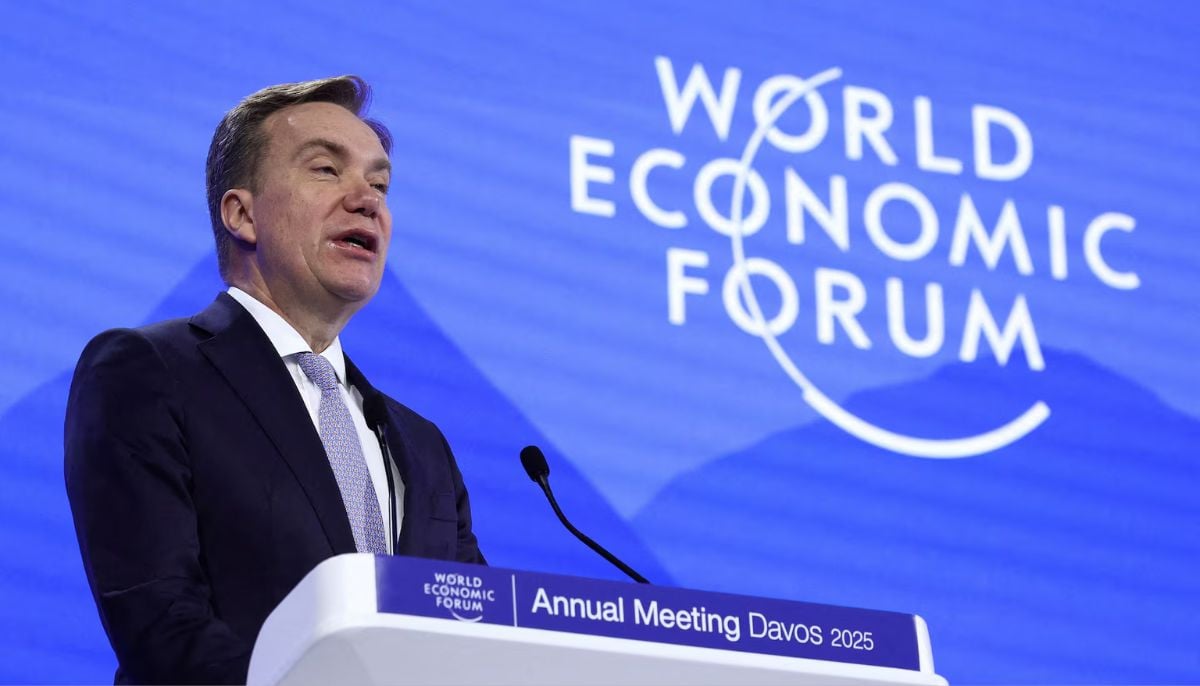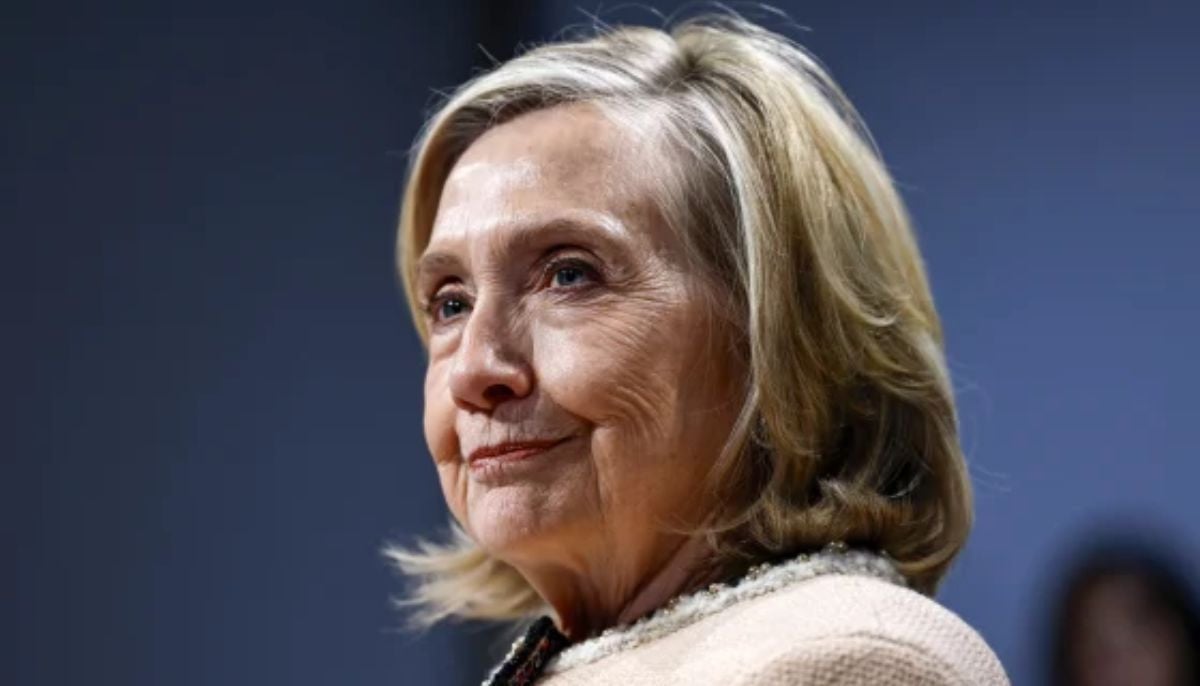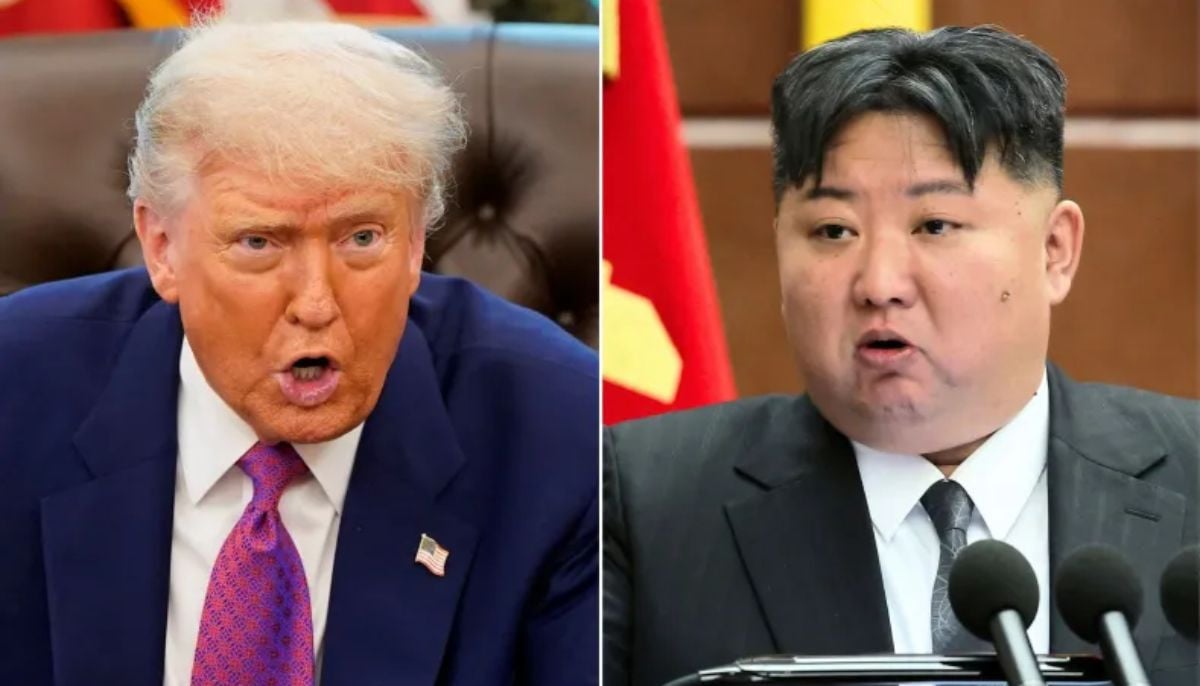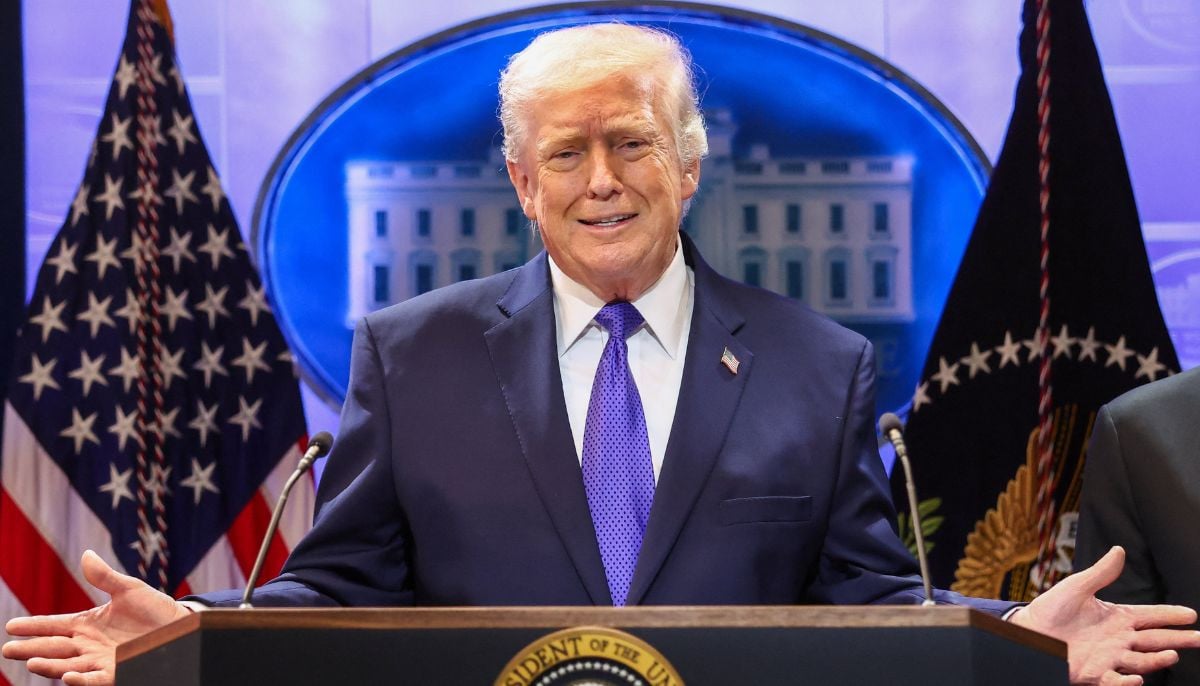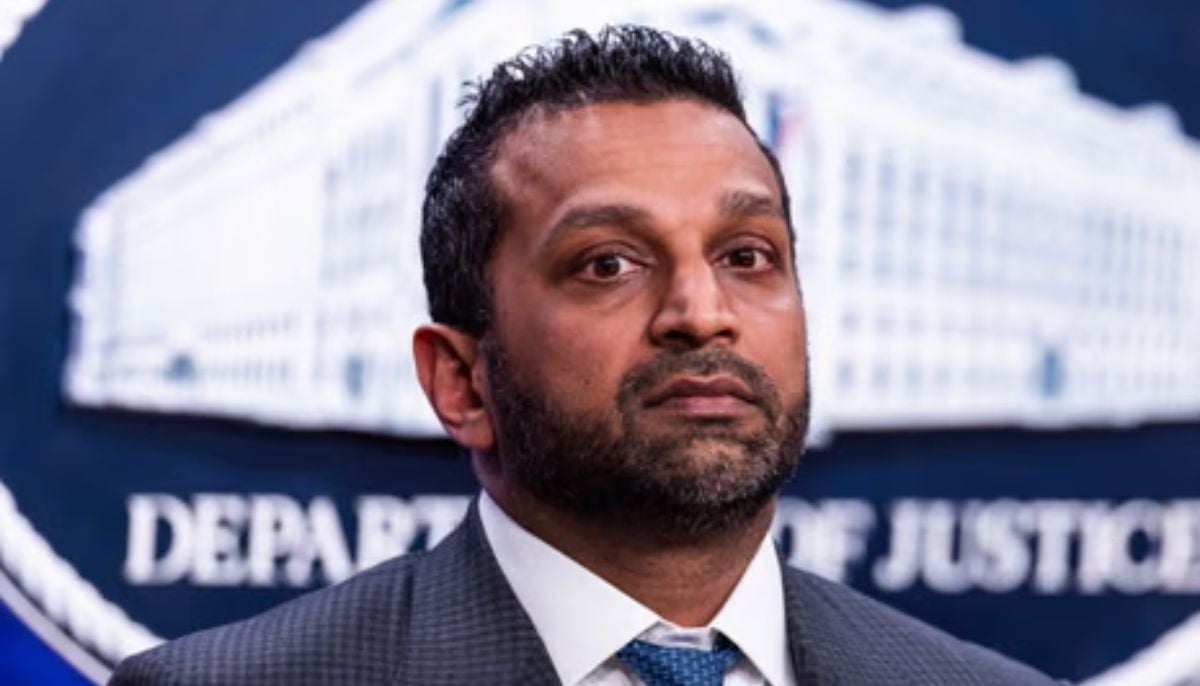Kashmir remains volatile a year after India's August 5 move
AFP examines background to contentious move, harsh security crackdown and its aftermath
Indian occupied Kashmir remains volatile a year after Indian Prime Minister Narendra Modi revoked the disputed region's autonomy on August 5 of last year.
Ahead of Wednesday's one-year anniversary, AFP examines the background to the contentious move, the harsh security crackdown and its aftermath, and a deadly June border clash with China.
Why is Kashmir such a powder keg?
India and Pakistan have fought two wars over the former princely state of Jammu and Kashmir since it was divided in 1947, and both still see it as fully their own — although China also controls small parts, and claims more.
A referendum mandated by a UN resolution in 1948 has never taken place.
For the past three decades, a revolt against Indian rule — backed by Pakistan, Delhi alleges — and a muscular response has left tens of thousands dead, mostly civilians.
What did Modi want to achieve?
Modi's Hindu nationalist Bharatiya Janata Party has long seen Muslim-majority Kashmir's special status — with partial autonomy and its own flag and constitution — as a historical wrong.
That status had "given nothing but terrorism, separatism, nepotism and big corruption" Modi said. But his "historic decision" would bring prosperity and peace.
His change put Kashmir under direct rule from New Delhi and downgraded the state by splitting it into two union territories — Jammu and Kashmir, and Ladakh.
What happened on the ground?
An accompanying security operation was swift and heavy, with New Delhi sending in tens of thousands of troops to join the estimated half a million already there.
Seven million people in the Kashmir Valley were put under complete security lockdown for weeks, with freedom of movement severely restricted and gatherings banned.
Landlines, mobile phones and internet access were cut for months.
Around 7,000 people were taken into custody — including three former chief ministers. Hundreds remain under house arrest or behind bars, mostly without charge.
Young men told AFP and other foreign media that they were detained and tortured by soldiers. Authorities deny the allegations.
What was the reaction abroad?
India insists the security measures were temporary and has bristled at foreign criticism of what it calls a purely internal matter.
But beyond sharp words from Malaysia, Turkey and UN rights chief Michelle Bachelet — and some unease in Brussels and Washington — international reaction has been muted.
This is despite strenuous efforts by Pakistan's Prime Minister Imran Khan — who likened Modi to Adolf Hitler — to see India criticised at the United Nations.
Pakistan was backed by China, which was irked by the change to Ladakh's status, calling it "unacceptable" and worsening Beijing's long-prickly ties with India.
In June, 20 Indian troops were killed in a clash with Chinese soldiers on their Ladakh border, the first combat deaths there since the 1970s.
What else has happened since?
Life remains hard in Kashmir, with hundreds of checkpoints still in place and internet coverage patchy and slow.
The economic effect has been dire, with half a million jobs lost in the region by the end of 2019, the Kashmir chamber of commerce says.
Coronavirus lockdown measures have only added to the hardship, both for the economy and people's lives.
Children have had barely any schooling for a year.
Security operations against militants in Kashmir have accelerated, putting 2020 on course to be one of the bloodiest years for some time.
India has also granted tens of thousands of people from outside the region the same rights as Kashmiris, meaning they can now buy land for the first time. Critics say this is an attempt to change the demographic makeup of the region.
Companies from outside India have also been given a string of mining concessions, often riding roughshod over environmental rules in the region, critics say.
-
Liza Minnelli reveals rare traits she is looking for in new lover after series of failed romances
-
EU court adviser rejects Meta Platforms challenge over Facebook data
-
Oscar nominated Michael B Jordan reveals one 'Sinners' scene entire cast saw filmed
-
World Economic Forum CEO Borge Brende steps down following Jeffrey Epstein ties controversy
-
Hillary Clinton set for deposition before House committee today in Jeffrey Epstein investigation case
-
Kim Jong Un says North Korea ready to ‘get along’ with US but sets key condition
-
Trump’s tariff turmoil yet to significantly dent growth in emerging economies, despite raising trade tensions
-
Kash Patel fires FBI officials behind Trump Mar-a-Lago documents probe, reports say
